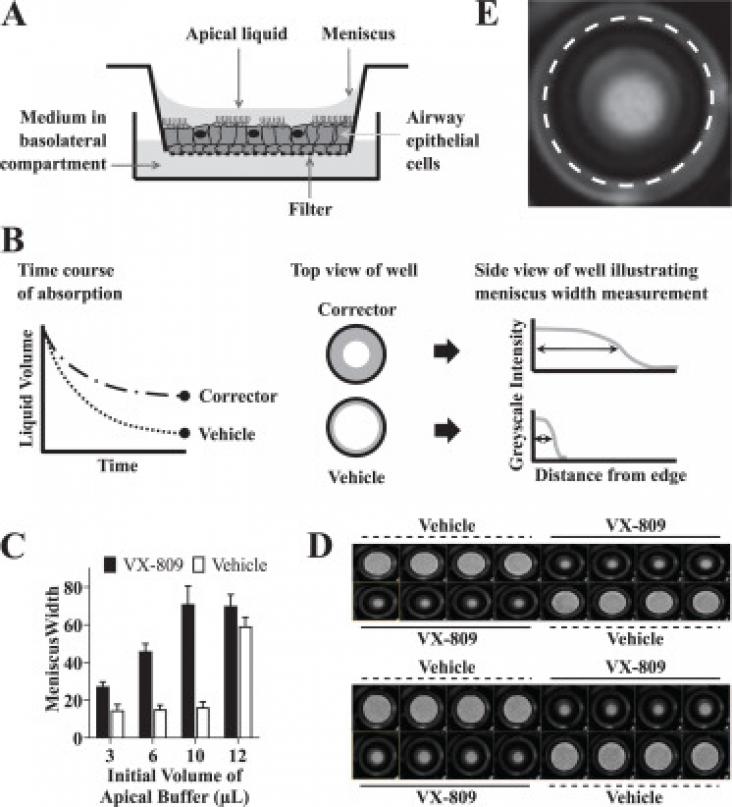The purpose of this study was to examine how innovative SDP organizations’ interactions with external stakeholders influence the social innovation process.
Background: Humanity's current use of resources is not in line with the goal of sustainable development. Climate change impact scenarios appear worryingly pessimistic.

Traumatic brain injury (TBI) is one the most common human afflictions, contributing to long-term disability in survivors.
The number of countries with a national development plan has more than doubled, from about 62 in 2006 to 134 in 2018.
This book chapter advances SDGs 3 and 10 by explaining how obesity is a significant health problem, especially among the people living in developed countries, which also has detrimental effects on the male urogenital system.

High-throughput screening for drug discovery is increasingly utilizing cellular systems of high physiological relevance, such as patient primary cells and organoid cultures. We used 3D-cultured cystic fibrosis patient bronchial epithelial cells to screen for new small-molecule correctors of the disease-causing F508del mutation in CFTR. Impaired mucociliary clearance due to insufficient airway hydration is a hallmark of cystic fibrosis and we used a simple measure of surface liquid levels to quantify F508del CFTR correction in cultured bronchial epithelial cells. Two robust assay formats were configured and used to screen more than 100,000 compounds as mixtures or individual compounds in 96-well format. The corrector discovery success rate, as measured by the number of hits confirmed by an electrophysiology assay on patient primary bronchial epithelial cells, was superior to screens in cell lines expressing recombinant F508del CFTR. Several novel corrector scaffolds were discovered that when combined with the clinical corrector VX-809 delivered combination responses greater than double that of VX-809 alone. This work exemplifies the advantages of a disease-relevant readout and 3D-cultured patient primary cells for the discovery of new drug candidates.
This chapter addresses SDG10 and SDG3 by investigating how studying the impact of race and ethnicity on epigenetic differences related to disease may shed light on the biological pathways through which environments contribute to health disparities.
This Commission supports SDG 3 by summarising advances in understanding on the topic of physical health in people with mental illness, and presents clear directions for health promotion, clinical care, and future research. The report describes how disparities could be reduced through evidence-based prescribing and better integration of physical and mental health care.
This is a good review on how water pollution is having a impact of the public health of indiviuals in Bangladesh

This article selection displays a sample of research that Elsevier publishes in its microbiology and medical journals, highlighting Elsevier's contribution to the efforts of battling the huge problem of antimicrobial resistance (AMR). Research within this selection supports SDGs 3 (good health and well-being), 6 (clean water and sanitation), 12 (responsible production and consumption) and 17 (partnerships for the goals).
